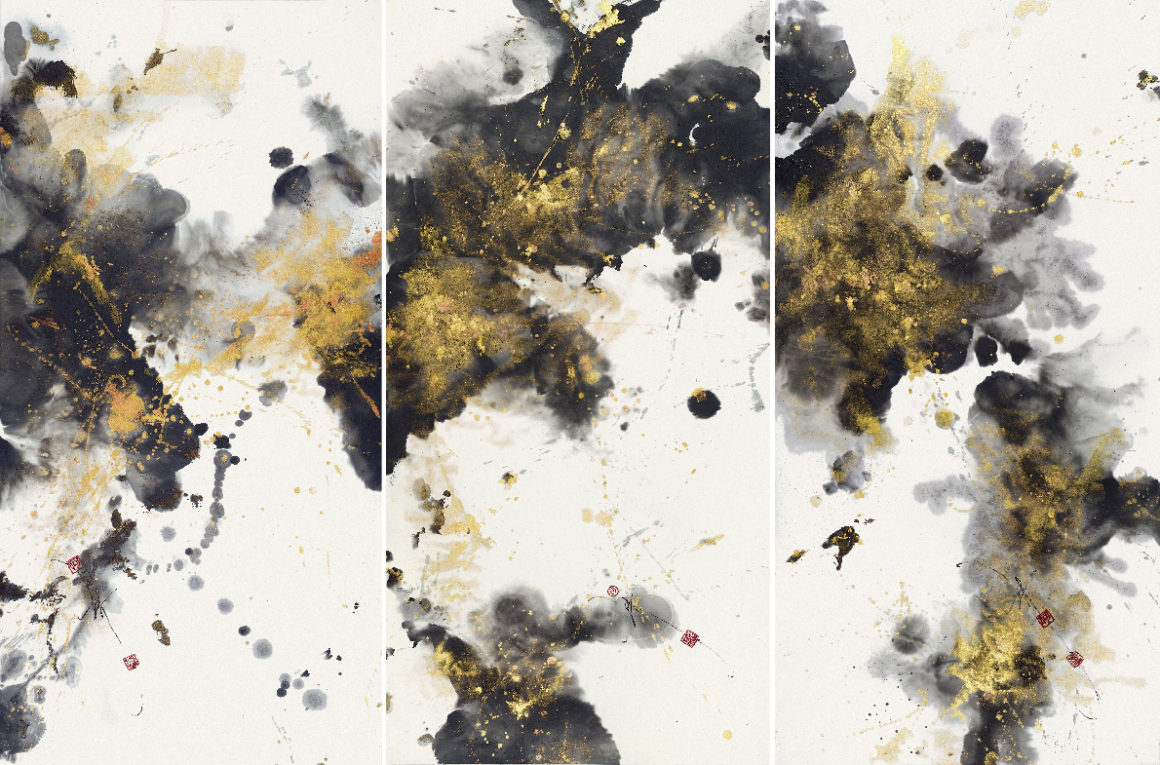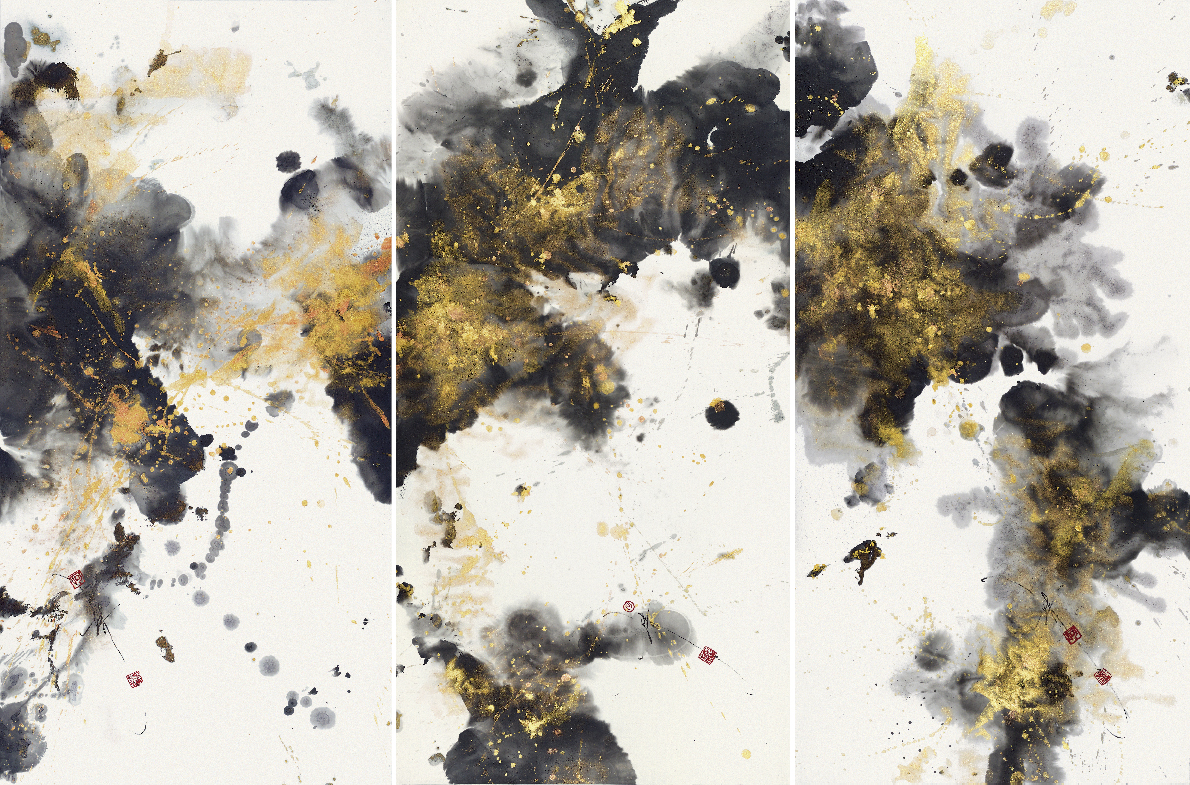
Contrasting the Whiteheadian/Confucian Process Self with the Greco-Roman/Indian Substantial Self
“When we contrast the process self of Whitehead and Confucius to the substantial self, either Greco-Roman or Indian, we immediately see the psychological and philosophical advantages of the former. When Epictetus, for example, reflects about the nature of the self he discovers the true self, one that never sleeps and is never compromised by the passions. Much like the Ved~ntist }tman this spiritual self is unitary, a cosmic self that we share with all human beings and is the basis of our common humanity. The phrase self-examination (shen du) appears often in Confucian texts, but what Confucians find in their solitude is a not spiritual substance of Stoic-Vedantist or Cartesian variety, neither the dissolution into a universal self nor the solipsism of the egocentric predicament. Confucian self-examination reveals a self that has its own individual integrity, one that is united with its desires and emotions, and one that is constituted by its relations with others. Confucians discover a self that is a process rather than a static substance; and they see for themselves the single thread of which Confucius spoke: establishing one’s own character (zhong), the constitution of the self, is related to the establishing of the character of others (shu), the constitution of others.”
The above passage comes from Nick Gier’s essay, Whitehead, Confucius, and the Aesthetics of Virtue. I’ve read the essay before and am revisiting it as I do some research for an article I’m writing on Whitehead and the design process.
This particular passage just happened to jump out at me because it really reminded me of what actually drew me to process-relational thinking in the first place; it really was this idea of reality as interrelated processes, the notion that nothing is substantial including the “self.” As Gier points out, getting into this mode of thinking is very difficult for Westerners, though, because of our Indo-European syntax. Chinese people, because they apparently never had a metaphysics of substance, have a natural way of thinking and talking about the world in process terms. Grier writes:
“The Chinese word for physics is wu li literally “patterns of organic energy,” and the Neo-Confucians had a notion of vibratory energy that anticipates contemporary physics.”
Anyway, yes! Give me a self that does have individual integrity because of its particular relations. Take those relations away and there is nothing left, no substantial self and no cosmic unifying “true self” that really, when it comes down to it, disintegrates difference. No. As Gier says in the paper, we are “enriched and fortified” by our relations not destroyed by them. The more relations/connections we have the more significant we become. In a process-relational theological sense then, this would make God the omni-relational one.
…
Painting above by William Ho
Tags:confucianismmetaphysicsNick Gierprocess philosophyselfwhiteheadWilliam Ho

awezome. relationality rules!